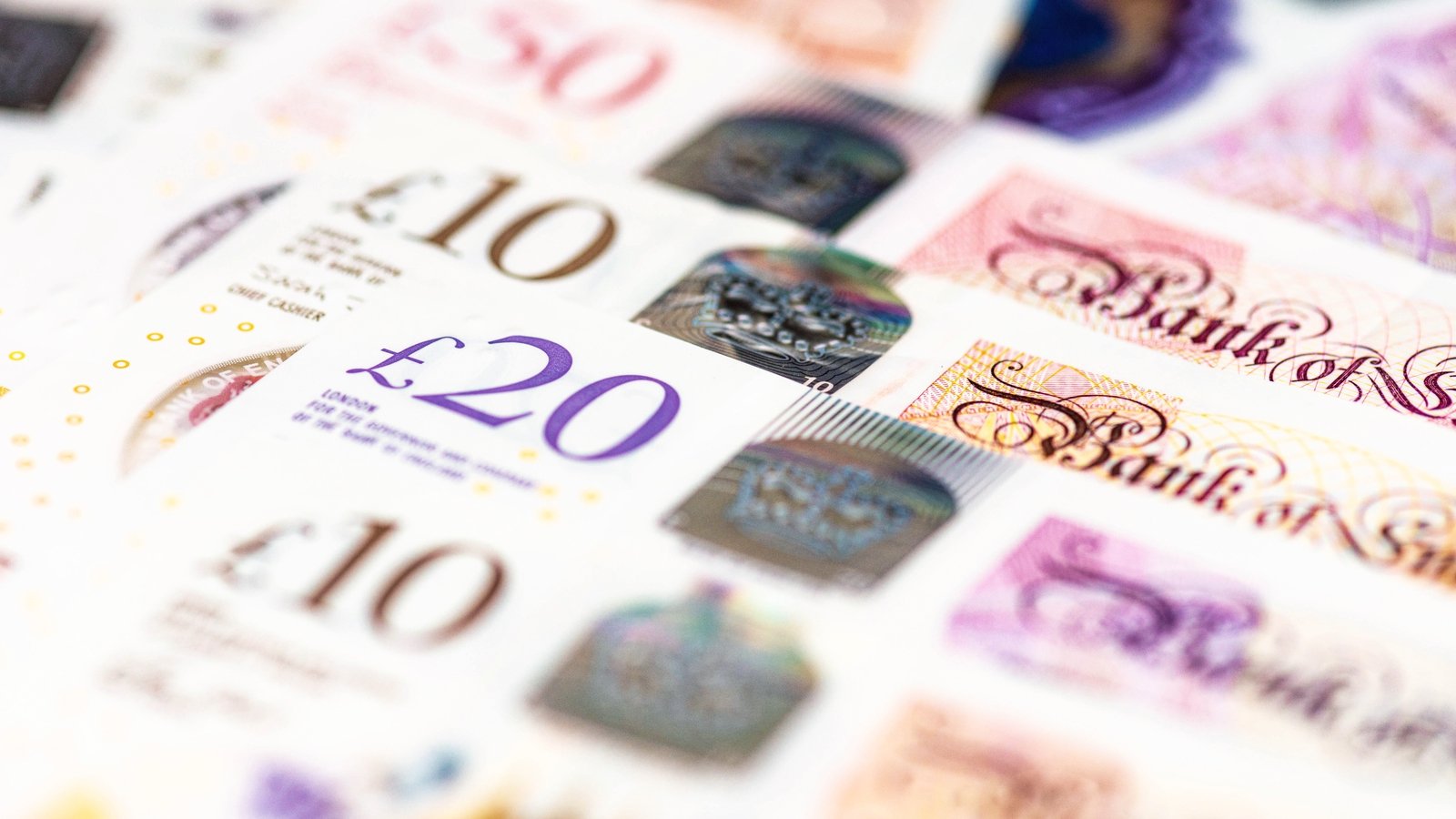Britain’s economy grew more quickly than previously thought in the first three months of this year, expanding by 0.7% from the previous quarter, above an initial estimate of 0.6% growth, official figures showed today.
The figures come less than a week before Britons vote in an election which opinion polls suggest will see Labour Party leader Keir Starmer replace Conservative Prime Minister Rishi Sunak.
Today’s data from the Office for National Statistics confirm Britain’s economy exited a shallow recession at the start of 2024.
But the overall growth picture is weak. First-quarter gross domestic product was just 0.3% higher than a year earlier, above an initial estimate of 0.2%.
Economists polled by Reuters had not expected any revisions to the quarterly or annual growth estimates.
There was no currency market reaction to the data.
Britain’s economy has struggled since the last national election in December 2019, hurt by the Covid-19 pandemic – which dealt a lasting blow to the labour force – as well as Russia’s invasion of Ukraine and post-Brexit trade frictions.
Britain’s economy in the first quarter of 2024 was 1.8% larger than in the final quarter of 2019, the weakest performer after Germany among the world’s seven largest advanced economies.
Britain’s growth in the first quarter was its fastest since the final quarter of 2021 and the second quarter looks solid too. Last week the Bank of England estimated GDP would expand by 0.5% in the April-to-June period.
However, the central bank expects this to be a rebound from last year’s weakness rather than the start of a period of strong growth, and it thinks the underlying rate of expansion in the economy is somewhere around 0.25% a quarter.
The Office for Budget Responsibility – which assesses the UK government’s fiscal plans – has a higher growth outlook than most forecasters. In March it predicted annual growth would pick up from 0.8% this year to just under 2% over the coming years.
Labour’s Starmer has said this is too pessimistic and he has said he will ensure Britain has the highest sustained growth in the G7. Labour policies include easing planning controls to speed up building infrastructure and 1.5 million new homes.
Britain has not grown faster than 2% a year on a regular basis since before the 2008 global financial crisis.

